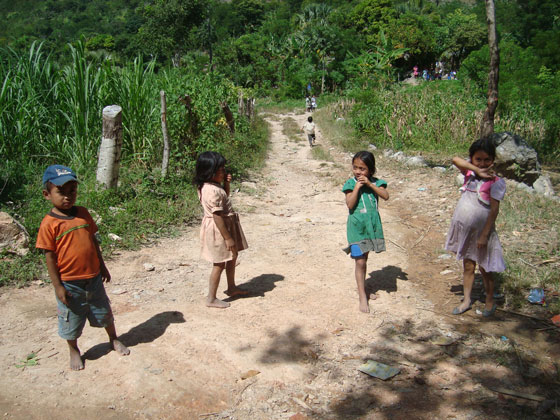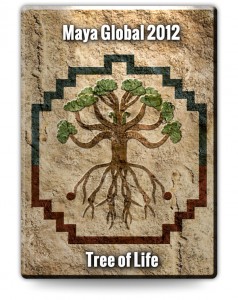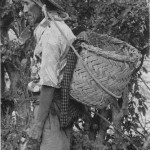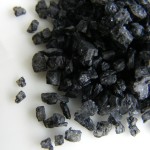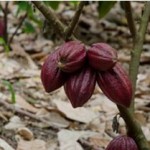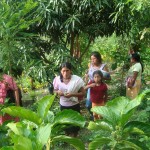A once-in-a-millennia opportunity
Witness the end of the 5,140 year old Mayan Calendar at the end of our 10 day trip in Copan Ruinas, Honduras. But first you will learn first-hand about the Maya Global 2012 indigenous projects of promise in Honduras and Guatemala while traveling the ancient Maya trails. All of these projects are ongoing and Maya Global 2012 founder Jeff Remmel has inspected their operations. Talks are underway whereby Maya Global could fund the expansion of land under cultivation and upgraded processing facilities. The latter is the key to success. You don’t want a burlap bag of green beans delivered to your door; you want a pound of hut roasted, ready to brew coffee. Likewise, the Maya want to sell $8 a pound roasted beans instead of $1.50 a pound of green beans. That means the difference between subsistence living and sustainable economic progress. And it means many more jobs for Mayans.
5,140 Years of Mayan Culture
No definitive answer has been found for what happened to the Mayans; it appears that it is a combination of factors: environmental problems, rapidly increasing population, climatic challenges, logistical problems, dietary problems, authoritarian structures, ritualistic superstitions out of control, and corruption of the system etc…all combined to end this great civilization. Sounds all too familiar, eh?
Why become a Founding Member…and put your name on the Maya Global ‘Tree of Life’? To be a part of the beginning of the ‘dawning of a new era’ on December 21, 2012, that will create a Maya Global community of socially conscious members, of all generations, building a new sustainable socio-economic model to end rural poverty and environmental degradation around the world. Our objective is to show our strength of one million founding members by end of 2012…so please join us and tell the rest of the world a new movement is being unleashed.
Already a member?
Reducing Poverty and Improving Environments
The Maya are largely excluded from national society; they produce and reproduce cultures that are uniquely their own. Their subsistence economy and corresponding family life, morality, rhythm of life, supernatural beliefs, humor, sexuality, music, and dances distinguish them from town-dwelling Ladino populations. Standards of poverty are relative, especially between indigenous and modern societies, but rural Mayan campesinos are poor even according to their own low standards. For generations, it’s been reported falsely that their diet was diverse and the land was productive. Today, too many people are trying to grow food on plots that are too small, steep, and eroded. Most suffer from malnutrition and are ridden with intestinal and respiratory infections. Though most Mayans recognize that these maladies are due partly to their subordination to local, national, and international powers, they tend to interpret them as an internal problem as well. Subsequently, Maya Global 2012 sustainable objective is to literally implement…Lao Tzu philosophy, “Give a man a fish and you feed him for a day, teach him how to fish and you feed him for a lifetime.”
